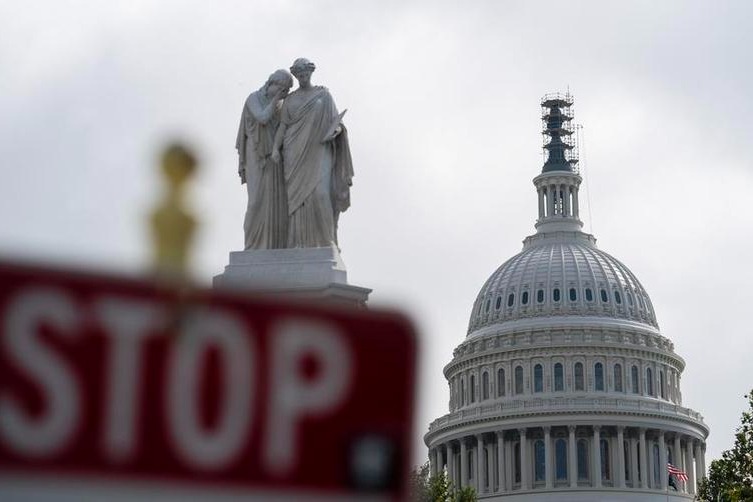Israel's military push in West Bank decried
Palestinians demand US intervention as casualties increase amid violence


The Palestinian government has condemned Israel's aggression in the occupied West Bank and urged US President Donald Trump to intervene as casualties continue to rise.
Israel has pushed ahead with its military operations despite the resignations of military chief Herzi Halevi on Wednesday, citing "the failure of Oct 7", and Yaron Finkelman, head of its southern military command, which is responsible for Gaza.
Nabil Abu Rudeineh, spokesman for the Palestinian presidency, accused the Israeli government of escalating tensions. He warned that Israel's actions in the West Bank constitute a "silent war" aimed at creating "a climate of violence and tension", Wafa news agency reported. Trump, expressing skepticism about the Gaza cease-fire, told reporters that the enclave needs to be rebuilt in a "different way". He earlier revoked sanctions against Israeli settlers involved in violence in the West Bank.
Rudeineh said lifting the sanctions has "encouraged them to commit more of these crimes".
"We call on the new American administration to intervene to stop these crimes and Israeli policies that will not bring peace and security to anyone, stressing that the only way to achieve security and stability is to implement international legitimacy resolutions and the Arab Peace Initiative as a basis for resolving the Palestinian issue," he said.
Farhan Mujahid Chak, a visiting faculty at the Walsh School of Foreign Service at Georgetown University in Washington, told China Daily that Trump had been "instrumental in getting the cease-fire in place" but the future is uncertain.
It remains to be seen how the international community, including the United Nations, will intervene and make it "more difficult for Israel to continue bombing", Chak said.
The decisions by both Trump and his predecessor Joe Biden to get a cease-fire deal while "enabling genocide" by sending billions of dollars and weapons to Israel highlight the "complexity and hypocrisy" of US politics.
Israeli rights group B'Tselem accused Israel of using the Gaza cease-fire as an excuse to increase oppression in the West Bank.
"The ink had barely dried on the cease-fire agreement before the Israeli army blocked most access points to and from Palestinian villages and all the cities in the West Bank, severely disrupting the daily lives of more than 3 million Palestinians," the group said in a statement.
'True intentions' visible
The military activity of the Israeli army in the West Bank to the conflict's "official objectives" just two days before the Gaza cease-fire came into effect "speaks volumes about the Israeli government's true intentions", it added.
"Forced to stop the fighting in Gaza by the Americans and Saudis, the Israeli government is using this pause as an excuse and opportunity to ratchet up the oppression of West Bank Palestinians. "This is not what a cease-fire looks like," it said.
The office of Israeli Prime Minister Benjamin Netanyahu said on Tuesday that on the directive of the Security Cabinet, both the military and the police have begun extensive and significant military operations "to defeat terrorism in Jenin" or what it called the "Iron Wall" in the West Bank.
Gokhan Batu, an analyst on Israeli studies at the Center for Middle Eastern Studies in Turkiye, told China Daily that the resignations of senior Israeli military officials stemmed from two reasons.
The first is accountability at both the tactical and strategic levels, Batu explained. The second is political, he added, citing divisions between the military leadership and the government that began in early 2023 over judicial reforms.
"The strategy concerning the ongoing war in Gaza became another point of contention. Netanyahu's reluctance to articulate a clear postwar governance plan for Gaza or propose alternatives to Hamas faced veiled criticism from the military," he said.
"It is crucial to underline, however, that the ultimate political responsibility lies with Netanyahu and his national security team.
"Consequently, the government appears to be shifting the blame solely onto the military leadership as a strategy to navigate the political turbulence expected in the postwar period. The Chief of Staff is poised to become a scapegoat in this process," he said.

































